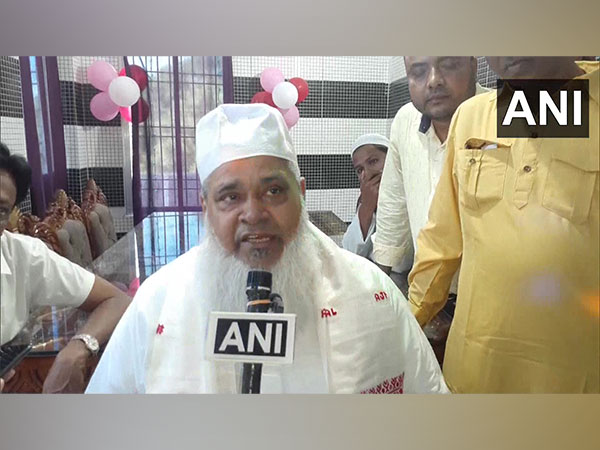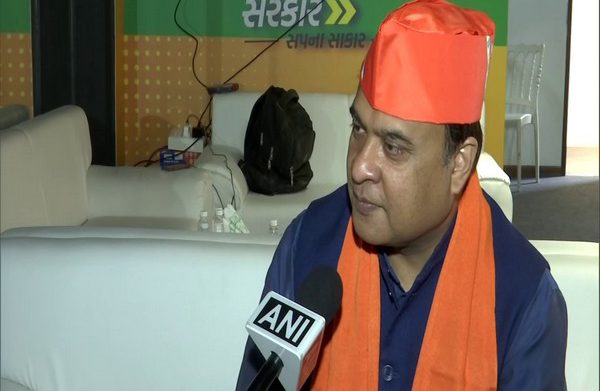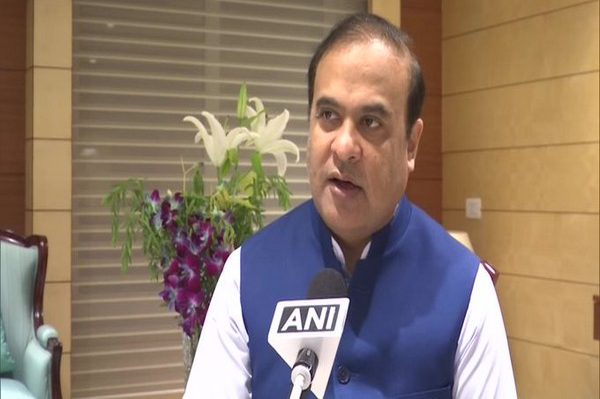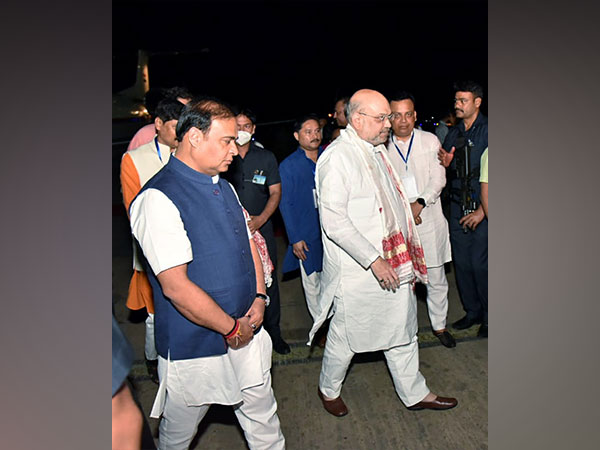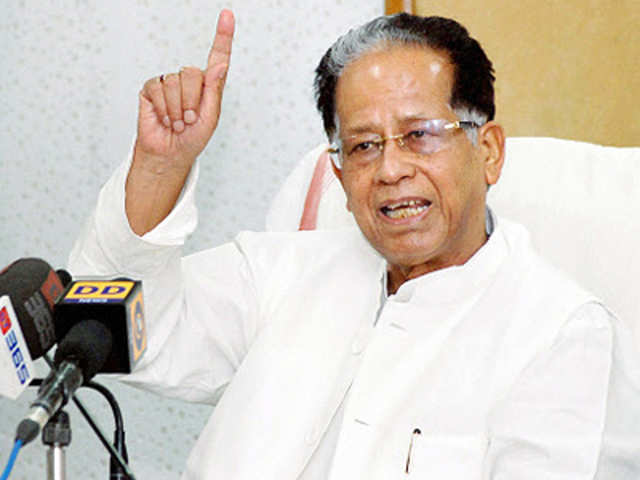Assam is one of the four states – the other three being Delhi, Maharashtra and Gujarat – where the Supreme Court found the Covid-19 pandemic particularly grim and, therefore, asked the local administrations to take “time to introspect” for quick remedial measures. But the people of the eastern state would have suffered a lot more from the rapid spread of the killer virus had not Assam’s longest serving chief minister Tarun Gogoi not given attention to beefing up the poor health care system and medical education. Unfortunately, Gogoi himself died of post–Covid complications at the age of 86.
Gogoi wanted a medical college in every district of the state, a noble ambition born out of a caring mind but difficult to fulfil given Assam’s finances. Even then he is credited with doubling the number of medical colleges to six during his rule. Not only that when in 2014, the Medical Council of India was constrained to derecognise the Barpeta Fakhruddin Ali Ahmed and Jorhat Medical Colleges and Hospitals on grounds of their poor infrastructure, a distraught Gogoi immediately put the state chief secretary to set things right.
A law graduate from Guwahati University, he created five new districts in the state to take the total to 32 on 2015 Independence Day to which one more was added later. Gogoi had a clear idea that for administrative efficiency leading to quick redressal of people’s grievances, districts must not be unwieldy.
Acutely aware of the deficiencies of the education infrastructure and systems in the state, Gogoi said in 2015: “Education is our priority and we are giving adequate importance to it, including resolving the problems of teaching and non-teaching staff of educational institutions.” A believer in the concept that education (and also health) opens the door to prosperity, he solicited the cooperation of all cutting across political affiliations for setting up model schools and colleges across the state. He might have been able to show the road but what he set out to do could only be partly realised. The community of teachers would remember Gogoi for regularising their salaries and other benefits.
Gogoi’s actions in health care and education were not, however, enough to fill the yawning holes in the two sectors to put the largest of the seven sisters in north-east on path of steady economic progress. For example, the state still has less than five doctors for every 10,000 persons against the World Health Organisation (WHO) stipulation of at least one doctor for 1,000 persons. The recent state decision to close 17 schools for zero success rate in class X board examination does not speak well of the school education standard in the post-Gogoi time.
Assam’s per capita income rose from Rs41,142 in 2011-12 to Rs82,837 in 2018-19 when in the corresponding period the country’s average rose from Rs61,564 to Rs126,406. Gogoi was chief minister of the state from 2001 to 2016. But his attention to economic development and strengthening social sectors was distracted over many years to fight insurgency unleashed by the United Liberation Front of Assam (popularly known by its acronym ULFA) and improve the general law and order situation in the state.
Subsequently, his reaching out to Bodo Liberation Tigers (BLT) led to the signing of a peace agreement between the state and BLT. That created condition for some economic development in Bodoland. The Bodo peace accord that Modi government had signed with the National Democratic Front (NDFB) and various ethnic groups in the region earlier on January 2, 2020 was possible because of the groundwork Gogoi did years ago. Seething in anger since the introduction of Citizenship Amendment Act (CAA), the former CM, however, dismissed the accord as “cosmetic.” At his passing, it is pertinent to recall that both at the time of becoming CM in 2006 when Congress managed to win 55 of 126 assembly seats and in 2011 when it had a comfortable majority at 78, Gogoi had kept Bodoland People’s Front (BPF) on his side. The 2011 gesture showed Gogoi’s credentials as a secular politician in the best light as it helped in bringing the Bodos in the mainstream of Assam life.
Ahead of his entering state politics, Gogoi served as minister of state (independent charge) for food and later in an identical capacity for food processing industry in PV Narashima Rao government. That helped him master the ropes of government administration which Gogoi used to his advantage when he held reins of the state for three straight terms. Remember, his replacing Asom Gana Parishad in state government in 2001 amounted to Gogoi walking into a mess in state finances and anarchy in all spheres of life.
His achievements might not be outstanding, but this has to be seen against what he inherited. Allen Brooks, spokesperson for the Assam Christian Forum, says: “If Lalu Prasad Yadav, former Bihar chief minister, gave voice to the downtrodden and oppressed in his state, Gogoi Sir delivered Assam from fear and uncertainty, fuelled by years of insurgency. Under him, life returned to normal in the villages and people began stepping out of their homes at night… He helped Assam breathe freely again.”
A popular and gregarious man, Gogoi had a challenging task to keep a lid on popular dissensions against heavy influx of people from Bangladesh and tea estates engaging large numbers of migrant workers. Thanks to migration from Bangladesh, which had cooled of late, the Muslims, according to the 2011 census, constitute 34 per cent of the population in Assam against 30 per cent in 2001. In that community, the Congress traditionally found a support base. But in his second and third terms as CM, it became increasingly challenging for him to retain the support of the Muslims as he would not concede their unreasonable demand or make space for radicals. Loss support of a considerable chunk of Muslims and also the incumbency factor saw the Congress managing to win just 26 of 126 assembly seats in 2016 elections.
Friendly to everyone, Gogoi would perhaps not remember that politics is played on a treacherous turf. Sadly in his case, his comrade in arms Himanta Biswa Sarma decided to bite the arm that lovingly indulged him over the years. Sarma is now a powerful minister in BJP dispensation. Gogoi was an all-time favourite of the Press for the access he gave to the newsmen, established or rookies. His tolerance of criticisms made him a darling of the Press and community of artists. “I’m not a fan of the Congress but I must say theatre activists enjoyed considerable freedom during Gogoi regime. Freedom of expression was never curbed unlike what we are experiencing across India today,” says appropriately theatre activist Sitanath Lahkar.
